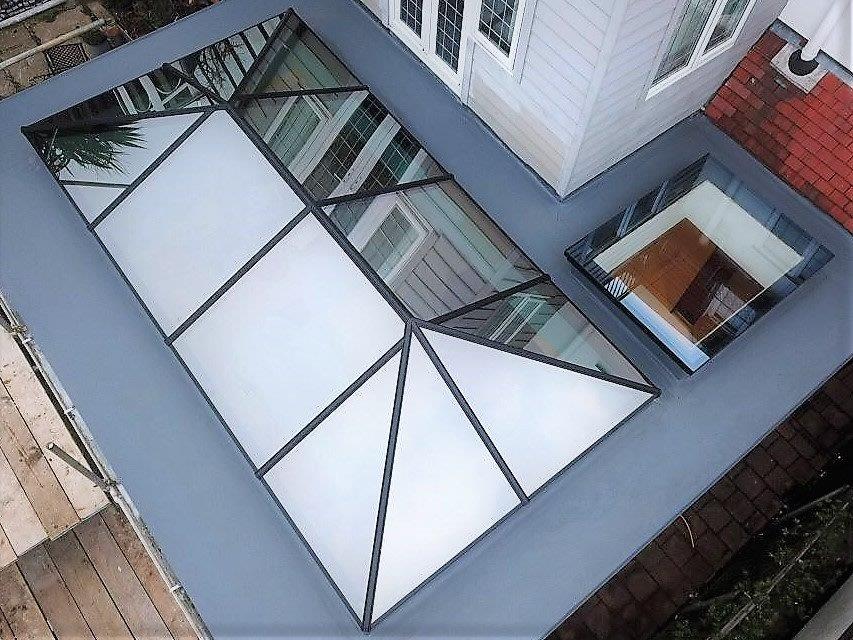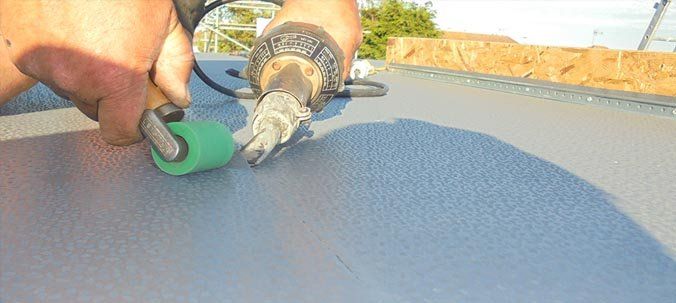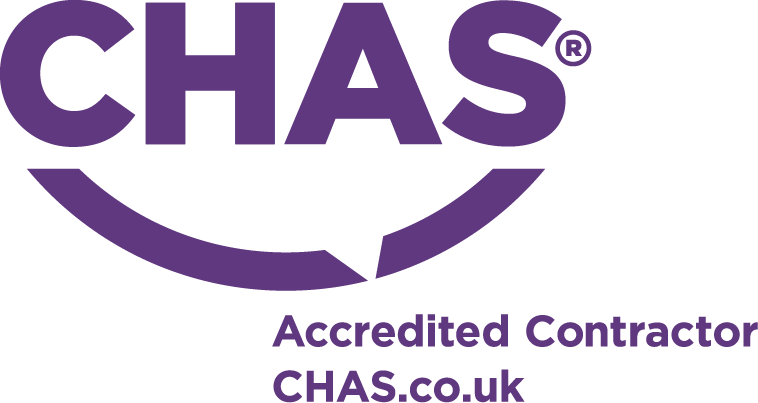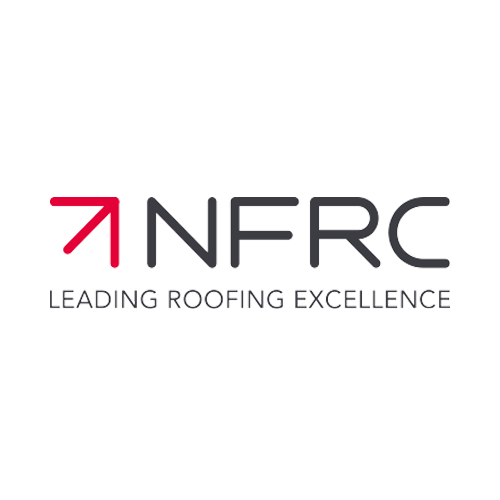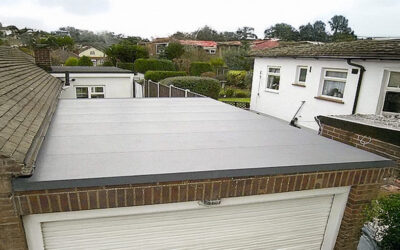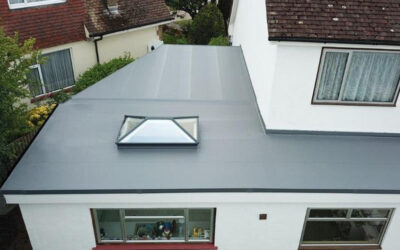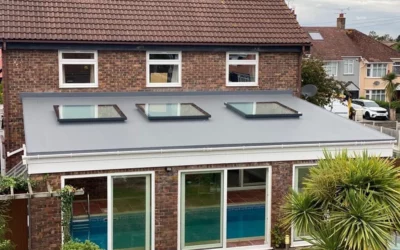Whether you are looking for a replacement or new build installation, you will be wondering: what type of roofing is best for a flat roof?
Replacing or installing a flat roof isn’t a decision you want to make without doing some research. As with all building projects, a roof is an investment and as such, questions need to be asked. Arguably the most important is: what type of roofing is best for a flat roof?
With a myriad of options available, deciding on the best option can be difficult. This is why it is essential that you work out what will suit your needs and budget.
What type of roofing is best for a flat roof? The options
There are four major material types when it comes to flat roofing: metal roofing, TPO, modified bitumen roofing and uPVC.
Metal roofing
Metal is often used in commercial projects on roofs with a pitch greater than two inches. It is the most expensive option due to the material itself and the expert installation process required. Metal is extremely durable and has a long lifespan of approximately 20-30 years. A metal flat roof will not crack over time.
However, metal is not always impervious to leaks around the seams and roof edges.
TPO roofing
Modified bitumen roofing
If you were to research into what type of roofing is best for a flat roof, the traditional choice would be bitumen roofing. Bitumen flat roofing was the standard when flat roofs first became popular and it is certainly the most budget-friendly.
Sadly, this cost saving comes with a price. The typical lifespan of a modified bitumen roof is just 10-15 years. This is because the surface is susceptible to blistering and cracking. Black in colour, they absorb rather than reflect heat, which can lead to UV damage and an overheated room below.
In addition, standing water can place weight and stress to a flat roof – unless your bitumen roof is 2 or 3-ply (which will significantly increase the cost – you are running the risk of a prematurely aged and damaged roof.

